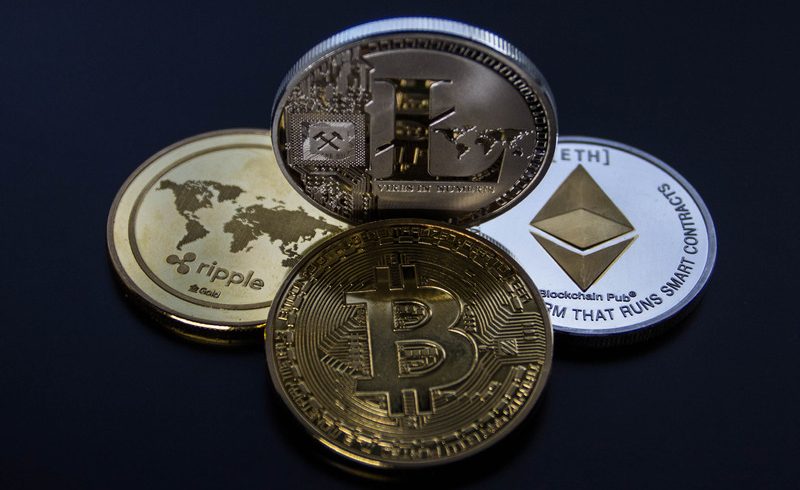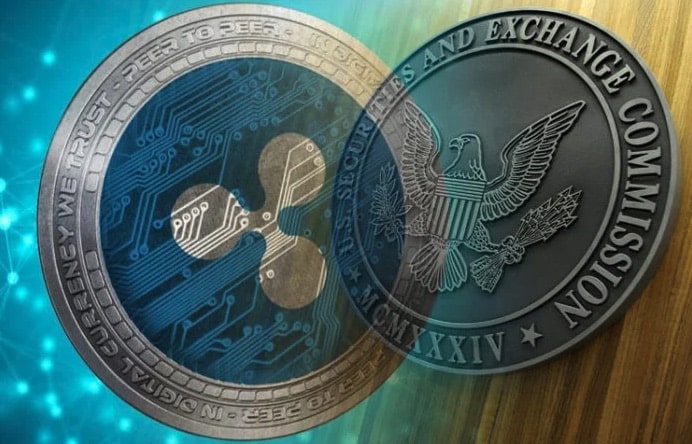Thailand’s cabinet has agreed to waive corporate income tax and value-added tax for companies that issue investment tokens. The government expects investment token offerings to generate 128 billion Thai baht ($3.7 billion) over the next two years. The news comes amid the Thai SEC continuing to work on stricter crypto regulations to protect investors.
Deputy government spokesman Rachada Dhnadirek announced the news on March 7, stating that the government expects investment token offerings to generate 128 billion Thai baht ($3.7 billion) over the next two years. However, the state estimated potential losses of tax revenues at 35 billion baht ($1 million).

Thailand has been taking several steps to clarify local crypto-related taxation rules. In early 2022, authorities suggested adopting a 15% capital gains tax for investors, but the government subsequently scrapped the plans and exempted crypto traders from the 7% VAT on authorized exchanges a few months later.
Local regulators were also working to implement wider crypto regulations last year. In March 2022, Thailand’s Securities and Exchange Commission banned the use of cryptocurrencies for payments. The Thai SEC is also continuing to work on stricter crypto regulations to protect investors. In January 2023, the financial regulator introduced new rules for crypto custody services, requiring all crypto custodians to have a contingency plan in case of unforeseen events.
Thailand’s tax waiver on investment tokens is a significant move that could help drive growth in the country’s digital asset industry. It will provide companies with an alternative means of raising capital and encourage further investment in the sector. Additionally, this move may attract more foreign investment to Thailand’s digital asset industry, as investors seek out countries with favorable regulatory and tax environments.

A tax software company Recap report revealed Thailand had gained 57 crypto companies and had the second-highest crypto ownership rate. Ownership grew despite a government that had banned crypto payments citing financial stability risks.
According to Recap CEO Daniel Howitt, tightening crypto regulations will determine whether Thailand can be an Asian crypto hub. “Like many countries, Thailand is tightening its rules on the trading of crypto and advertising of digital assets, too. With stricter rules in place, it’ll be interesting to see whether this helps or hinders Bangkok’s place as a crypto hub in the coming months,” he told the Bangkok Post.












